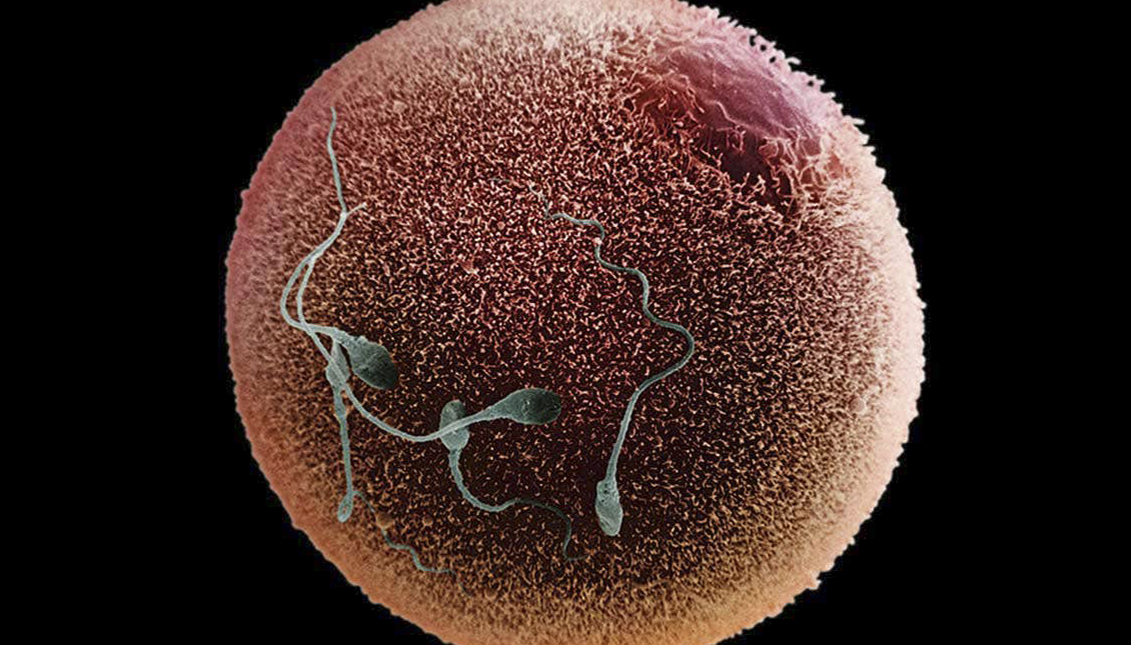
Advances for whom? Scientists experiment with low income Mexican women on a controversial Embryo technique
Women were offered $1,400 to be inseminated and then had an abortion. Is being a "guinea pig" the future for the most vulnerable people?
At Hospital Punto de Mita, a luxury clinic near Puerto Vallarta, where poverty is an endemic problem, fertility treatments are provided for those who can afford them. They also offer medical studies conducted by high-level scientists.
One was by Catalan geneticist Santiago Munné, who in an attempt to achieve the "noble goal" of a safer, simpler and cheaper method of conception for mothers and children than in vitro fertilization, conducted what experts called a "disturbing" experiment on nearly a hundred poor women in the area.
NPR reported that they were subjected to injections of high levels of hormones to induce ovulation, and then artificially inseminated. Later, the healthy embryos would be aborted for study.
While in many cases researchers found that these conceived embryos were even "healthier" from a genetic point of view than those obtained through in vitro fertilization, what happened to some of the volunteers recruited for $1,400 - the equivalent of two months' salary in the country - was somewhat different.
“What they did essentially is to use a woman's body as a petri dish," bioethicist Laurie Zoloth.
Those who were unable to successfully "expel" the embryo had to undergo surgical or chemical abortions, or the fetuses were frozen or transferred to the wombs of other patients in the clinic. This is reflected by Human Reproduction, the medical journal that published Munné's resulting study.
“… fertile women not wishing to become pregnant were exposed to ovarian hyperstimulation and were treated with intrauterine insemination with semen that did not necessarily come from their own partner. Despite uterine flushing, not all embryos were retrieved and some women accidentally became pregnant. For termination of pregnancy, those women were then treated with methotrexate (MTX), some even with a dilation & curettage (D&C). All of the above interventions are potentially harmful to the women who did not benefit directly from participation—other than through financial compensation.”
While Dr. Munné stated that the main goal of the research was to prevent transmission of congenital conditions to children, such as cystic fibrosis, and that the women were informed of all the risks, many experts have severely questioned the ethics of the study:
"What they did essentially is to use a woman's body as a petri dish," University of Chicago bioethicist Laurie Zoloth told NPR. "There's something about that seems deeply disturbing."
RELATED CONTENT
The editors of Human Reproduction wondered whether it was ethical to offer individuals "financial compensation" for participating in a study that offers them no other benefit.
"Were the participants free enough to make a well-balanced choice?" they said.
Despite the fact that the researchers say their work was approved by the Secretary of Health of the State of Nayarit, in Mexico, and even by the Western Institutional Review Board, it is difficult to think that an investigation of this magnitude could have been carried out in a country like the United States.
In Mexico, meanwhile, there is still a legal void around experimentation with embryos and assisted reproduction that has brought numerous foreign scientific teams to the country to carry out experiments that elsewhere are punishable by imprisonment.
In 2018, Olga Sánchez Cordero, Secretary of the Interior, presented a law to rule this type of research illegal, but it fell on deaf ears.
What is the limit of scientific progress? Is being a "guinea pig" the future for the most vulnerable classes?











LEAVE A COMMENT:
Join the discussion! Leave a comment.